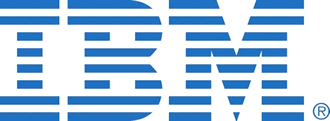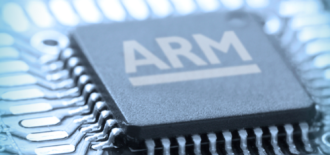 After years of enforcing an illegal cartel which forced staff to stay with it, Apple is now going the other way and poaching staff in a way to get new technology, a court was told.
After years of enforcing an illegal cartel which forced staff to stay with it, Apple is now going the other way and poaching staff in a way to get new technology, a court was told.
Electric-car battery maker A123 Systems has sued Apple for poaching top engineers to build a large-scale battery division.
The Tame Apple Press does not question the legality of the move, but just has become all moist about the fact that the iPhone maker may be developing a car.
The court heart how around June 2014, Apple began aggressively poaching A123 engineers tasked with leading some of the company’s most critical projects, the lawsuit said. The engineers jumped ship to pursue similar programs at Apple, in violation of their employment agreements.
These agreements are in place to stop big companies like Apple from gaining access to technology they have not developed.
“Apple is currently developing a large-scale battery division to compete in the very same field as A123,” the lawsuit read.
A123 Systems has not been doing very well. It filed for bankruptcy in 2012 and has been selling off assets.
The engineers who left were of such calibre that the projects they had been working on had to be abandoned. One of the five defendants, Mujeeb Ijaz, of helping Apple recruit among its ranks.
“It appears that Apple, with the assistance of defendant Ijaz, is systematically hiring away A123’s high-tech PhD and engineering employees, thereby effectively shutting down various projects/programs at A123,” according to the lawsuit.
They are doing so in an effort to support Apple’s apparent plans to establish a battery division that is similar if not identical to A123’s, in competition with A123.”
Apple has been carrying out similar programmes at LG Chem, Samsung SDI, Panasonic, Toshiba and Johnson Controls Inc.
A123 presented evidence from one of its partners SiNode Systems that “confirms that his work on behalf of Apple is at least substantially similar (if not identical) to his work at A123.”
 Big Blue said that it today introduced two flash enterprise storage products that give high performance and better reliability.
Big Blue said that it today introduced two flash enterprise storage products that give high performance and better reliability.


















